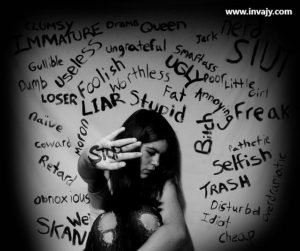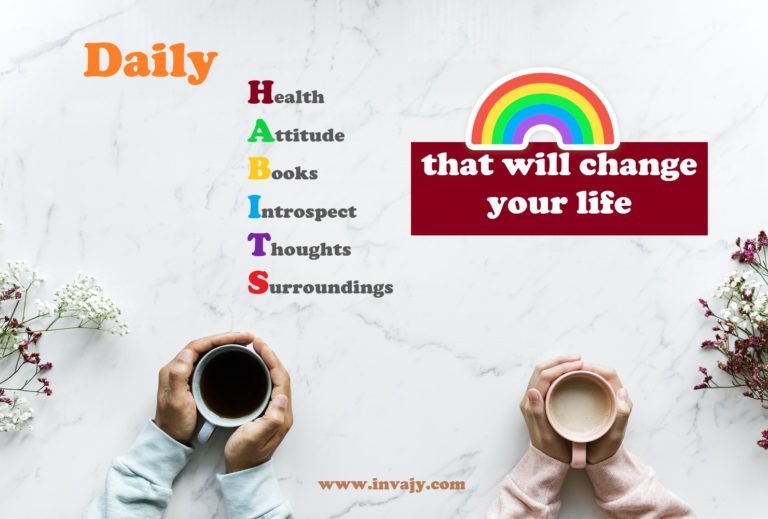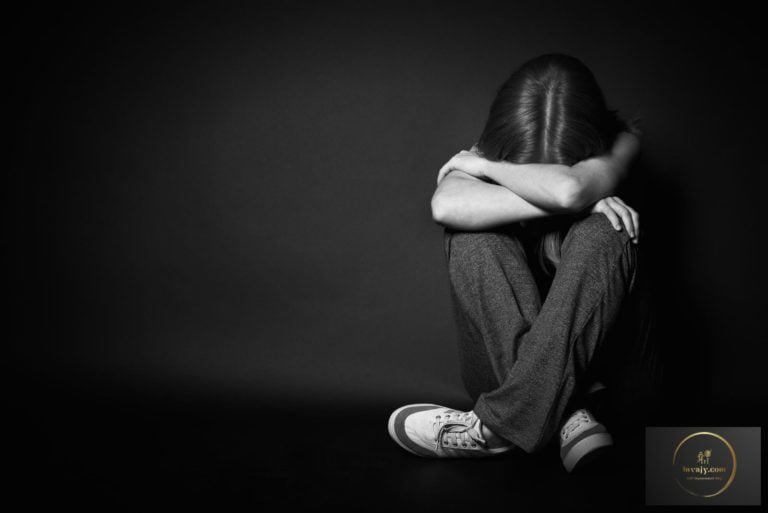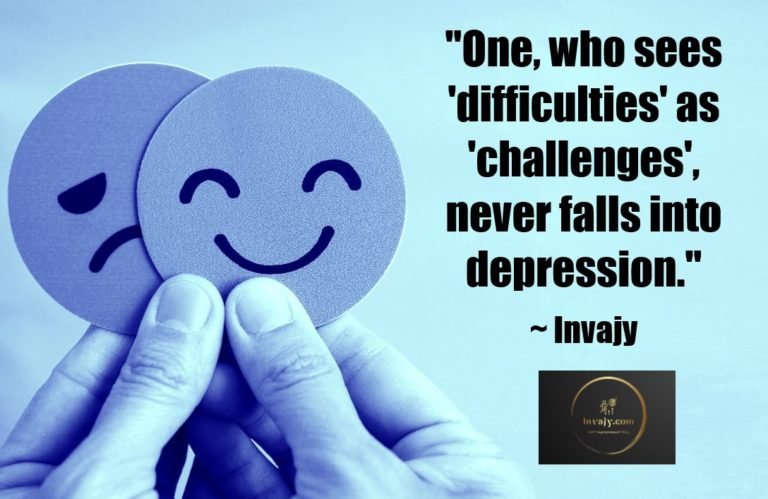How to Deal with Emotional Abuse?
Address emotional abuse with strategies for healing and empowerment. Learn to recognize the signs, seek support, and reclaim your well-being and self-worth from damaging relationships.

Difference of opinions, conflicts and disagreements are a characteristic of almost any ordinary relationship. How such contradictory situations are dealt with can be anything but normal. Do you find yourself or your partner — arguing on something? That is acceptable. Getting annoyed and angry? That happens. Frustrated? Yes, that too. How about day-to-day bickering, mockery, name-calling, belittling, or giving ultimatums? Those negative behaviors classify as emotional abuse. And, how about dismissiveness, patronizing, and public humiliation? Yes, those are signs of mental abuse too. A pattern of emotionally hurtful behavior can eventually evolve into an emotionally abusive relationship.
Most of the people are so habituated to mocking and name-calling and during the conflicting situations that they consider it normal. In fact, research suggests that more than half of all individuals experience emotional abuse at some point. Perhaps this is why people are challenged when identifying emotional abuse.
If you, too, are unsure of what classifies as emotional abuse and how to deal with emotional abuse, you are at the right place. Let us have a quick look on this.
What is Emotional Abuse?
Emotional abuse can be hard to describe and even harder to recognize. In simple words emotional abuse is an “intentional behavior” (when something is said, implied, or done) to hurt someone’s feelings consistently over an extended period of time. Such behavior is aimed at instilling fear and gaining power and control over another person. Mental abuse leaves one partner consistently feeling terrified or confused.

While most common in romantic and marriage relationships, emotional abuse can occur with any connection, including family members, friends, even coworkers.
Signs of emotional abuse
Emotional abuse isn’t physically evident. There are no bruises, cuts, or scars. Following are the signs and symptoms exhibit victim is in an emotionally abusive relationship:
- Anxious.
- High levels of guilt.
- Low confidence.
- Often feels guilty and humiliated.
- Compromised mental wellbeing.
- Feel controlled by partner.
- Silence.
- Low self-esteem.
- Uncomfortable around someone.
Indicators when people are emotionally abusing you:
- Extremely critical or judgmental of you.
- Name-calling, demeans, humiliates, and shames in front of friends or family.
- Gaslighting.
- Isolating you from others.
- Deceiving and persuading.
- Making you doubt your abilities.
- Dismissal of your emotions through accusing you of being overly sensitive.
- Possession and control of your personality.
- Limit your freedom.
- Using emotional blackmail against you.
- Intrusion of your privacy and no respect for boundaries.
- Monitoring your finances and restricting your spending.
Impacts of Emotional Abuse
Experiencing emotional abuse can have serious consequences for the victim/survivor. The effects can range from internal (such as depression) to external (such as difficulties in interpersonal relationships). The type of effects depends on many variables, including, but not limited to, the individual’s own constitution and resiliency, the abuse experienced, the victim’s past experiences, and their support system.
Common effects of emotional abuse include:
- Depression, anxiety, or other mental health concerns
- Trauma, including relationship PTSD
- Codependency in the relationship
- Breakdown of relationships with friends and family due to isolation
- Problems at work or school due to the stress
- Questioning their own experience and ability to accurately assess
- Trauma bonding, where the perpetrator and victim have an emotional bond
- In case of children, can affect a child’s emotional development, including: feeling, expressing and controlling emotions
- Difficulty in making and maintaining healthy relationships later in life.
How to deal with Emotional Abuse?
If you spot any signs of emotional abuse in any of your relationships, you may reclaim control of your life by being honest about what you’re facing through.

Here are tips and strategies to deal with emotional abuse so you can start repossessing your life:
Recognize
If you suspect your relationship is unhealthy, it probably is. Spot and recognize the signs of emotional abuse in any of your connections or relationships. Knowing and anticipating behavioral patterns of abuse will help you gain clarity about your situation and regain control. Being able to anticipate abusive tactics can make it feel less personal and empower you a bit more. Even though you may be targeted, this isn’t about you. It is about the abuser.
Don’t retaliate
Gaslighters are excellent manipulators, and may provoke you to the point of breaking, then blame you for everything. Don’t retaliate on any digs, insults, or threats. While it may be hard to hold back your own temper, remember that it’s a trap and you may be the one suffering the consequences.
Assertiveness
Be assertive; demand your needs in assertive way. If you need help, speak up. If your feelings were hurt, say so. Don’t put your needs aside to accommodate someone else’s desires, expectations, feelings or wants.
A person in a healthy relationship wouldn’t want you to suppress your feelings to accommodate his/her own. A strong relationship will account for everyone’s needs, feelings, and desires equally. If they don’t consider your feelings when you express them, maybe that invalidation is the only answer you need for stopping emotional abuse.
Self-care
Prioritize yourself. Take care of your physical and mental wellbeing. Meditation, yoga, physical exercise, quality sleep and balanced diet will help you to boost your morale and regain the self-confidence.
Remember that your abuser will go to any extent to maintain power over you. Do not hide from the person who is abusing you! When you start doing so, you may be able to reach a point where you can set boundaries, leave the situation, and seek help.
Embrace Positive Affirmations
You need to understand your self-worth. Refocus the subconscious mind by putting in place a system of daily positive affirmations that you can use everyday. Positive affirmations can interrupt disruptive and ruminating thoughts and turn them into something better.
Here are some positive affirmations that you can try:
- “I am worthy.”
- “I’m a loveable person.”
- “I am beautiful.”
- “The only person responsible for my happiness is me.”
- “I forgive everyone who has ever hurt me.”
- “Everyday I am growing stronger.”
- “I accept myself just the way I am.”
Get professional help
Finally, ask for professional help. It doesn’t make you helpless or powerless. It shows how brave you are to seek help and be open to receiving it. Find a mental health professional; who can help you work through this conflicting situation. A therapist can help you with the emotional side of leaving, and help you cope with any feelings of depression, anxiety, sadness, post-traumatic stress, or anger.
They will also help you to regain your self-confidence and self-esteem.
Over to You
That’s all from my side. I hope, you liked this article on emotional abuse. Please share this on your favorite social media portals with your friends and relatives.
(Medical Disclaimer: This article is for general information only. It is not intended to be a substitute for professional medical advice, diagnosis or treatment. Before adopting preventive methods/measures/treatment, please seek medical advice.)






